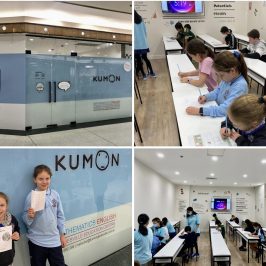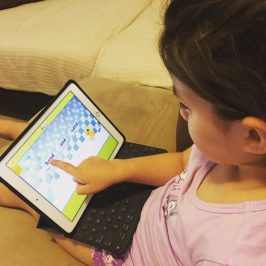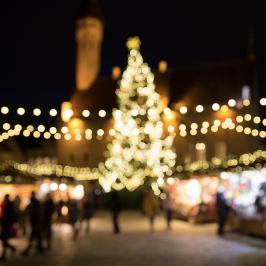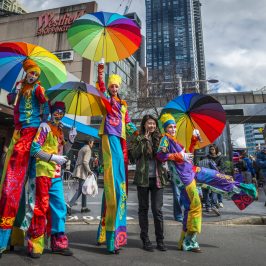by Kate Sawtschuk
When my dad died earlier this year, I would wryly respond to anyone who inquired how I was coping: “I’m OK – you can’t lie in the foetal position in a dark corner when you have kids to look after!”. Yep. Especially when they ask for a snack every twelve minutes!
The darker side of this response is that I wanted to do just that. But it wasn’t an option. There was a positive and negative side to this, but what I did not expect was that the natural wisdom and empathy of my kids would give me the strength to deal with my own emotions.
Grief is a very strange and personal experience. It affects each person uniquely. It is unpredictable and does not respond to logic. It has been described as being “like walking up the stairs to your bedroom in the dark, and thinking there is one more stair than there is… there is a sickly moment of dark surprise as you try to readjust the way you thought of things.” (from The Reptile Room by Lemony Snicket)
This especially rings true when losing a parent, because it is your parents who not only create you but your whole world and your navigation of it; they are the points of surety. When you are also a parent yourself, it adds a whole other dimension to your experience. I’ve read articles about how hard it is to lose a parent when you are a parent yourself, and they are right! Caring for children does not allow for much personal space, mental or physical, to process such extreme emotions. Even when you are able to carve out some room, the relentless responsibility of parenthood makes it difficult to replenish your strength in order to manage your feelings.
I was also worried about how my kids (2, 5 and 8 years old) would handle their grandfather’s death. But the truth is that I was projecting my own anxiety and sadness, and my own notions about grief and loss. No parent wants their children to experience sadness or trauma, but death is a fact of life. In response to the death of our cat when my daughter was 4 years old, she said to me sadly and wisely: “Death is a part of life.” The simplicity and truth of this statement still shocks me to this day.
I did not expect that supporting my kids through their own experiences of grief would help me so much in coming to terms with my dad’s death. Their perspectives and questions, largely untouched by the societal fear and taboos surrounding death, have also made me think more deeply and philosophically about what is most important in life.
Questions
When my dad died, there were a lot of questions from my kids (particularly my five-year-old). Truthfully, it was difficult to answer questions such as “why do people have to die?”, “why couldn’t the doctors save Grandpa?” and “what happens to your body when you die?” when I was in a state of fragility myself. However, needing to explain these fairly confronting concepts forced me to make sense of my own emotions and outlooks. It felt good to talk so openly about death in such an unfiltered way. When someone close to you dies, adults are often reluctant to talk directly about it because they are worried about upsetting you or find it difficult to face their own fears. This can make you feel as though your grief is invisible, which is very isolating.
My five-year-old son was able to see beyond the loss of his grandfather to ask me how I felt now that I “don’t have a dad anymore”. Bursting with pride at his sensitivity and kindness, I could somehow cope better with missing my dad in this moment. The death of my dad has expanded my son’s concept of life and family. He has become fascinated with our family tree and loves mapping the ages and names of ancestors. “People’s spirits never die,” he says regularly, with the confidence only a kid can have! He is evidence of that.
My two older kids frequently ask me about my dad, his traits and my childhood memories him. It’s a way of dealing with their own feelings, but I find that talking about him helps me so much as well. And my two-year-old recognises my dad in photos, and that’s enough for me!
Books
The first deals with emotions resulting from the loss of a pet cat. It is a simple yet powerful story that provides an example of a way of coping and accepting death by focusing on the idea of death as change.
In the midst of grief, it was difficult to think beyond the heavy responsibility I felt to make sure my kids were OK. Now I am starting to see that children can be role models for their parents in such situations and help us manage our grief. After all, their very existence is a reminder that memories and love do not end with death.














